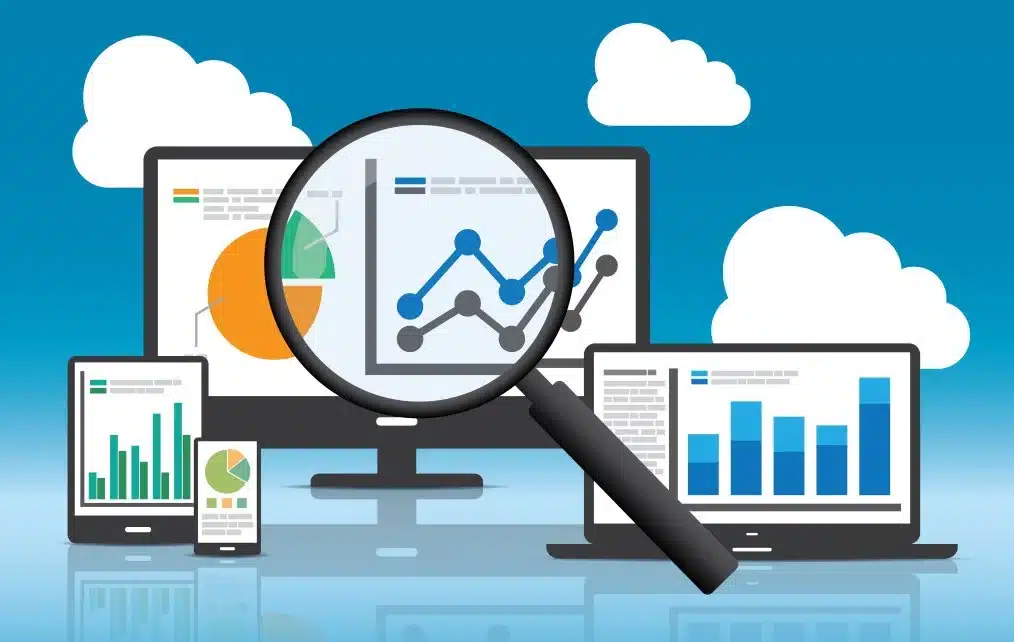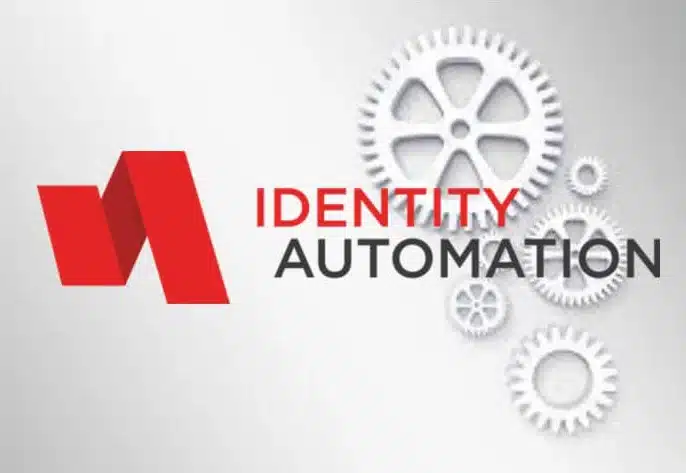Data scraping and its benefits for internet users
Introduction of Data Scraping
The internet has revolutionized the approach to data transmission and communication. Modern companies and business-minded individuals cannot survive without the systems the web provides. Scouting the web for leads, finding potential clients, and creating marketing campaigns for better customer outreach – these long and complex processes happen in a blink of an eye thanks to the internet and information technologies.
We can even argue that the created groundwork that drives digitalization provides the necessary circumstances for exponential growth. The internet creates a supreme network for communication with web surfers all around the world. Still, we have even more benefits as we analyze the technical aspects. The ever-growing internet speed and server storage make transferring and stockpiling useful information easier than ever before.
However, as humanity discovers new ways to squeeze the knowledge out of the acquired information, business models start to revolve and depend on data acquisition. Why depend on luck or instincts when businesses can make extremely accurate, educated decisions based on extracted or purchased data for the web. Businesses achieve this level of accuracy by extracting massive amounts of public data to outperform competitors.
Importance & Benefits For Interested Users
In this article, we will discuss data scraping, as well as its importance and benefits for interested users. On a large scale, it is mostly companies that use scraping bots to extract data from the web, but interested individuals can also learn information aggregation for personal tasks and business opportunities in data science. We will also discuss different proxy types and why you should use scraping proxies. With a business-minded provider, you can get scraping proxies with as many IPs as you want or learn more about their services if you are a beginner. Proxy servers are internet privacy tools that help companies continue data-sensitive tasks and enhance a private user’s browsing experience, all without recognition. Once you know the differences between different types, you will know why scraping proxies suit these tasks.
How web scraping works
Web scraping is a simple process. It uses an automated bot that you can write with Python or purchase pre-built tools. Python is the best programming language for scraping, which allows you to scrape the web with very little programming knowledge. Web scraper downloads the HTML code from a targeted website, which needs to go through a parser to restructure into a readable format to begin analysis.
Large corporations use web scraping en masse or outsource these tasks to data science professionals to have a sustainable stream of relevant information to boost their business
activities. Collected data can be used to bolster digital marketing campaigns and discover influencers, track competitor pricing, and rank positions of a website in search engines.
Learning basic programming will allow you to start your scraping tasks. However, once you move to retailers and online shops, you run the risk of getting your IP address blacklisted. This is especially dangerous for businesses that depend on extracted data to outperform competitors. Web scraper connections are easy to recognize because they send more data requests in a short period of time. If a web server owner suspects that the connected IP is not a real user, your IP address will be banned. To avoid bans, web scrapers have to operate with proxy servers.
Proxy server types and why we need them
Proxy servers redirect our data packets to an intermediary server and replace your network identity. With a good provider at your disposal. You can assign multiple IPs to one web scraper. Mostly rotate at predetermined time intervals to keep swapping identities and avoid suspicion. Good suppliers have proxy addresses in many locations. You adopt any identity and even access websites. Unavailable in your country. With a negotiated proxy pool, you should have enough addresses to extract information from chosen websites without interruptions.
Discussing proxy server types. We can summarize them into two datacenter proxies and residential IPs. Datacenter proxy servers are the best for casual browsing. They minimize the loss of internet speed. Its providing the user with a unique identity. The only downside is the recognizability of datacenter IPs. Because these addresses come from datacenters, targeted web servers can see that they are not supplied by Internet Service Providers (ISP), which can raise many suspicions.
Scraping proxies fall under the umbrella of residential IPs – addresses used by real devices serviced by ISPs. Scraping proxies use rotating residential IPs to avoid detection and disguise web scrapers with believable network identities. With a business-oriented proxy provider, you can test residential proxies to test the best servers for your web scraping task. In a case of unsatisfactory results, the best suppliers offer a free trial and a money-back option. This way, you can get the best tools. It has available without endangering your network with suspicious free proxies set up by cybercriminals looking to steal your data. To ensure the safety and fluidity of your data extraction operations, we recommend using scraping proxies with legitimate residential IPs.





